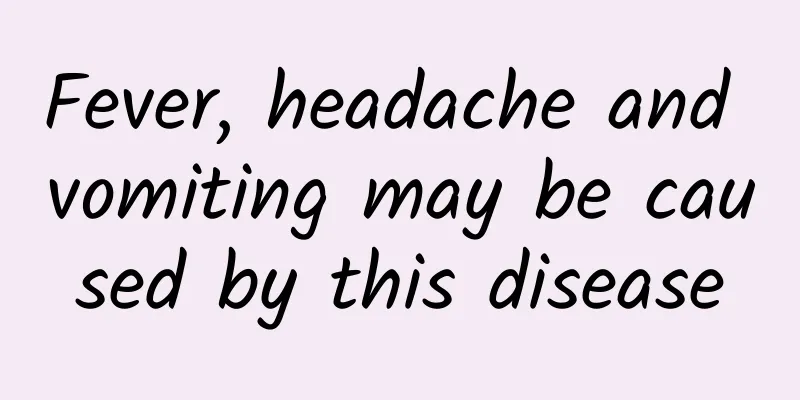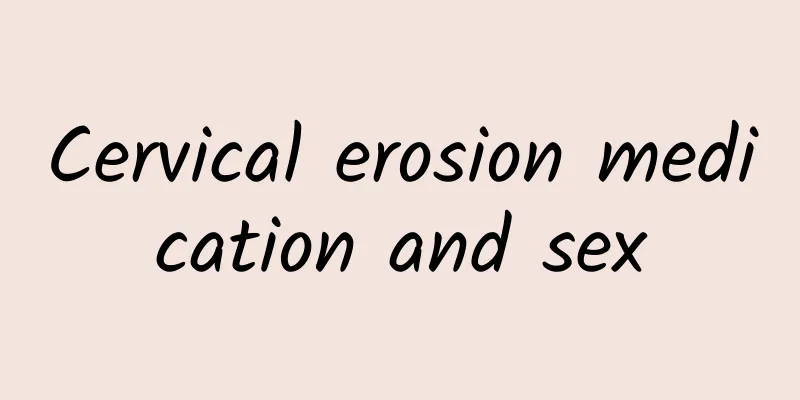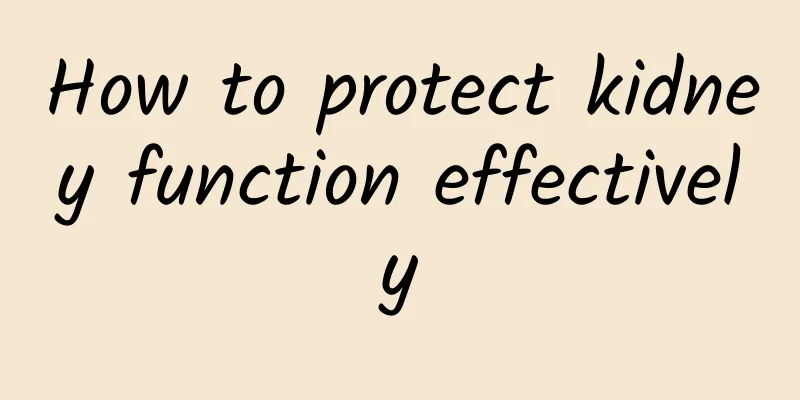Fever, headache and vomiting may be caused by this disease

|
In daily life, if we have symptoms such as fever, headache and vomiting, we first think that it is caused by a cold and do not pay too much attention to it. In fact, these symptoms may also be signs of viral meningitis, which is a very serious disease that can cause great harm to the body and even endanger life. Therefore, friends who have these symptoms must pay special attention. 1. Meningitis "Viral meningitis is an infectious disease of the central nervous system caused by viruses (including poliovirus, coxsackievirus, echovirus, etc.). When the viral infection affects the meninges, it is called viral meningitis. The severity of the disease varies from patient to patient. Mild cases can be relieved on their own with a good prognosis, while severe cases can be left with neurological sequelae or even death." Viral meningitis has an insidious onset, and its early clinical manifestations are similar to those of common upper respiratory tract infections, making it easy to misdiagnose. Many patients have already had their condition worsened or developed complications when they are diagnosed, thus delaying the best time for treatment. "Generally, viral meningitis has an acute onset, with symptoms such as fever, headache, vomiting or rash. Adults may experience pain in the neck, back, lower limbs, etc., while infants may cry and become irritable but remain conscious." 2. Treatment recommendations Once a fever occurs accompanied by symptoms such as headache and vomiting, you must not take it lightly. Although fever and headache may also occur with a cold, the fever and headache symptoms of meningitis are often more obvious, severe, and last longer. They are not easily relieved by taking general cold medicines and become more and more severe. If the above situation occurs, please go to the hospital's neurology department as soon as possible for a lumbar puncture to rule out the possibility of viral meningitis. For patients in the acute stage of viral meningitis, Director Hu Jue recommends that they should rest in bed, and the head of the bed can be elevated 30°-45° appropriately. The head should be elevated before and within 1 hour after meals. Comatose patients can be placed in a semi-prone position. Patients with a body temperature above 39°C should be given a warm water bath or ice pack to physically cool down, or medication to cool down as prescribed by a doctor. For patients with mental disorders, family members should strengthen their care and, if necessary, adopt isolation or restraint protection, and remove dangerous objects or stimuli in the environment. In terms of diet, family members should provide easily digestible, high-protein, and vitamin-rich diets. If the patient has mental symptoms, safe eating utensils must be provided and family members should assist in eating. If the patient has impaired consciousness, gastrointestinal nutritional support therapy can be carried out with the assistance of medical staff. |
<<: Forehead headache and eyebrow pain may be caused by these reasons
>>: Long-term use of headache powder is harmful
Recommend
Itchy throat, constant cough with mucus
An itchy throat, constant cough with mucus may be...
Can women do freezing point hair removal during menstruation?
Menstrual problems make many women feel very trou...
Toothpaste can prolong intercourse time
In our lives, we know that toothpaste has many wo...
Is thyroid type 4a generally benign?
Thyroid 4a is a common classification of thyroid ...
Why do I have lower abdominal pain after having sex for the first time?
Pain during sexual intercourse is a relatively co...
What are the symptoms of kidney and spleen deficiency? What are the symptoms of kidney deficiency?
Kidney and spleen deficiency is a common symptom ...
Chinese medicine rectal drip treatment
We all know that there is a new method of treatin...
What to do if herpes appears on the body? Traditional Chinese medicine has folk remedies for treatment
I believe that many people in life have experienc...
What to do when a child has a fever while teething? Observe first and don’t treat blindly
I believe every child has had a fever. There are ...
Taboos of Emblica Fruit
The emblica fruit is also called Niu Ganzi, which...
Can a pregnancy test detect cerebral palsy?
Women should go to the hospital for regular prena...
Unexplained pain in the forefoot
If you experience unexplained pain in the forefoo...
Why is it that the child's forehead is not hot but the whole body is hot?
The child's forehead is not hot but the whole...
Brown discharge during pregnancy
Brown vaginal discharge during pregnancy is mainl...
What causes acute encephalitis?
Acute encephalitis, also known as acute meningiti...









